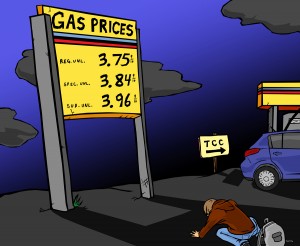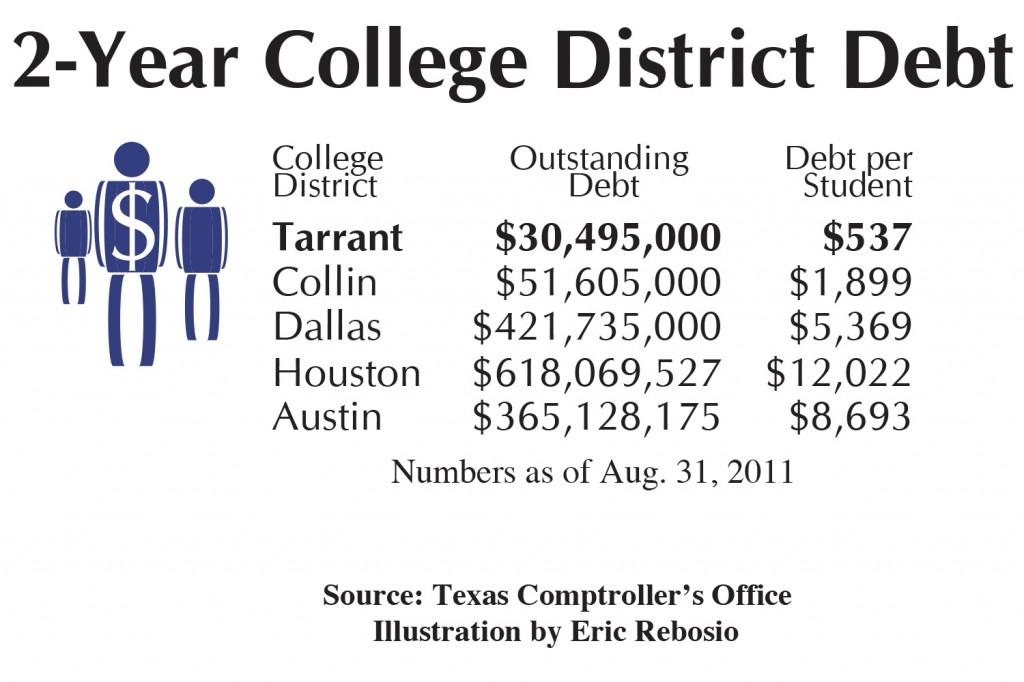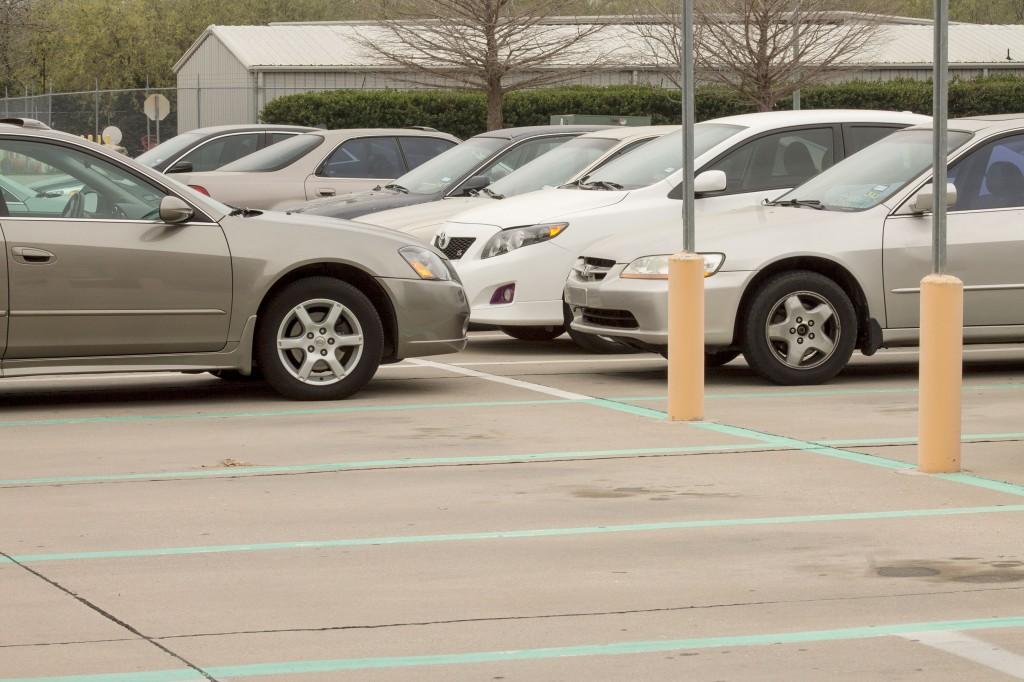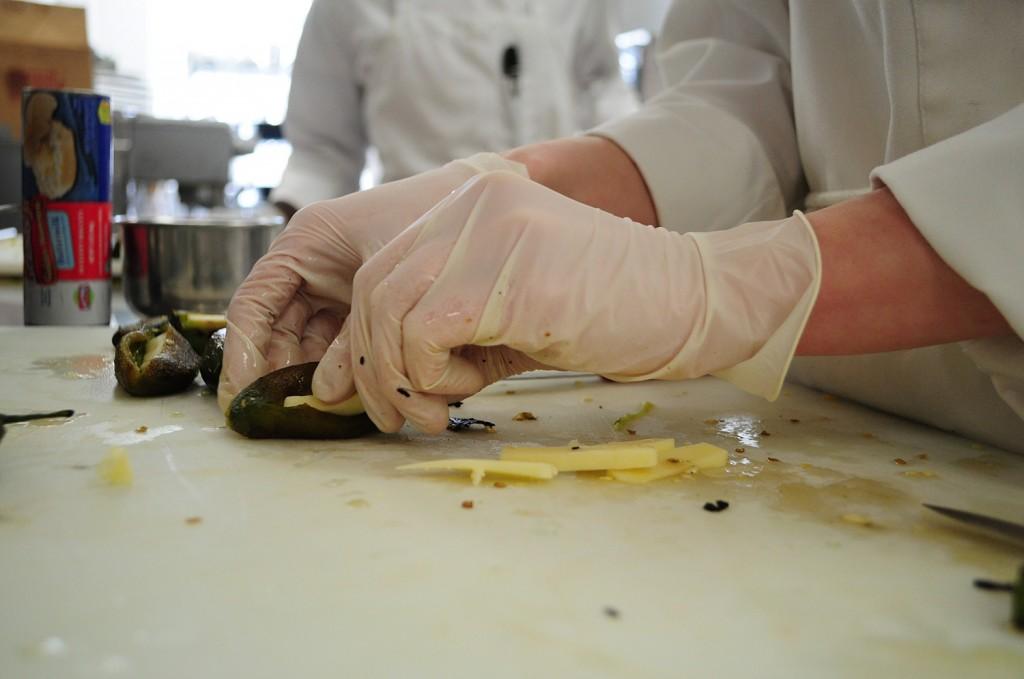 “Ooh! The gas price rose again.”
“Ooh! The gas price rose again.”
People always say that and think they are the victims.
But students often are the ones suffering the most. Rising gas prices have become a burden for students, something that doesn’t get a lot of attention.
The students who live close to a college or university suffer a lot less. But many students who live far from school or have to take classes on different campuses have to spend a lot for gasoline, sometimes twice as much as non-students.
Ordinary people only need gas to drive from their home to their workplace. They can save gas simply by not going out. But students cannot and must buy gas both for work and school.
Students who work are the ones who spend most for gas. At a minimum, they spend $30 for going to school and $30 for going to work in a week. So they may spend about $250 a month for their small car. For the students who have a larger-engine car, they could spend around $300 to $400.
Let’s say, an average of TCC students’ costs for gas is $25 a week. So TCC students alone are spending combined more than $1 million for gas in a week. With hundreds of colleges and universities in the nation, students are spending hundreds of millions of dollars in a week.
When gas prices went up in 2012 to $4 a gallon, it scared students. At the end of last year, the price dropped back to almost $3. Although that made the students feel better, it has risen again to $3.57. It is blocking students from going out and pushing them to reduce activities.
The price has gone up and down in the past because of the political instability in the Middle East. It puts lower- and middle-income classes into a tight spot.
Some students cannot even pay for their textbooks, and spending more for gas could force them to leave school entirely or take classes online.
Although many students take online courses, it is harder for other students to take them and could affect their ability when they graduate.
City buses go to South and TR campuses but none of the other three campuses. Also, for most students, the buses are either too infrequent or not convenient to their homes.
If gas prices continue to go up, the college officials should consider instituting a carpool system for students who live far from school or some enhanced bus system.
Local officials should seek to have more buses on the road and should make more bus line extensions to areas the bus does not currently reach.



























